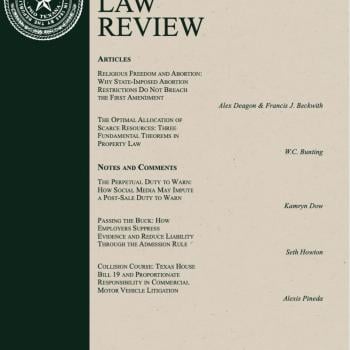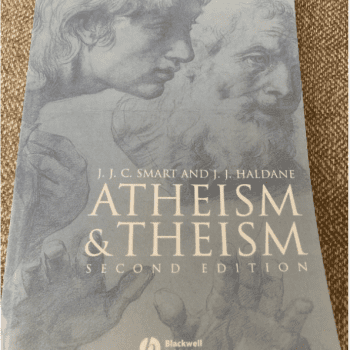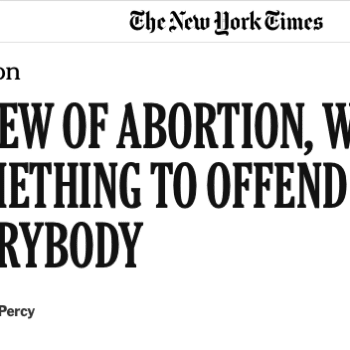That’s the title of a chapter I recently published in the book, Persons, Moral Worth, and Embryos: A Critical Analysis of Pro-Choice Arguments, edited by Stephen Napier. (Dordrecht: Springer, 2011), 67-83. Other contributors in the book include my Baylor colleague Alexander Pruss as well as Jason T. Eberl, A. A. Howspeian, Christopher Tollefsen, Helen M. Alvaré, and David Hershenov. You can read my entire chapter via Google Books here. Here’s how the chapter begins (citations omitted):
Here’s how the chapter begins (citations omitted):
Over the past decade or so several challenges to the prolife understanding of fetal personhood have been published. Two of the authors who have contributed much to this critique are Jeff McMahon and Dean Stretton. The purpose of this chapter is to respond to some of their arguments. My point of departure will be Stretton’s 2008 Journal of Medical Ethics review…of my 2007 book, Defending Life: A Moral and Legal Case Against Abortion Choice… In his critique of my defense of fetal personhood Stretton relies heavily on McMahon’s work. I will first summarize the case I make for fetal personhood in Defending Life, and then respond to the challenges to my case offered in Stretton’s review.
In Defending Life I offer a defense of fetal personhood, which I call the substance view…. According to the substance view, the human being is a particular type of living organism–a rational moral agent–that remains identical to herself as long as she exists, even if she is not presently exhibiting the functions, behaviors, or current ability to immediately engage the activities that we typically attribute to active and mature rational moral agents. Because the human being is a rational moral agent, she is a person of intrinsic moral value as long as she exists.
When I say that the fetus is a person I mean to say that she is just as much a bearer of rights as any person whose rights-bearing status is uncontroversial, e.g., her mother, you, or me. That is, the fetus is entitled to all the rights to which free and equal persons are entitled by virtue of being free and equal persons. So, for example, one cannot deprive the standard fetus of her life without the sort of justification we would expect if we were depriving a standard ten-year-old of his rights. To illustrate, if it is wrong to kill a ten-year-old as a result of taking his kidneys and giving them to people the government thinks will benefit society (e.g., scientific geniuses on the verge of curing cancer or AIDS), it is wrong to kill a 20-week-old fetal-clone as a result of taking his kidneys and giving them to his genetic progenitor, a scientific genius, who needs them to survive so that he may continue his work on cures for cancer and AIDS.
Although it is my contention that the human substance begins his existence as a zygote and remains identical to himself as long as he exists from his prenatal origins through adulthood, my focus in this chapter will not be on the early embryo prior to the 14th day after conception. Questions have been raised as to whether the early embryo during this time is a unified organism. Because space constraints do not allow me to answer those questions here, I will focus on arguments that maintain that even though the unborn is a unified organism subsequent to the 14th day after conception, he is nevertheless not a person of intrinsic moral value until he achieves a certain level of development.
This chapter is divided into two sections: (4.1) a brief summary of the substance view and how I defend it, (4.2) Stretton’s critique including analysis of his arguments concerning (4.2.1) degreed natural capacities, (4.2.2) developed psychological capacities, and (4.2.3) the moral permissibility of the intentional creation of mentally handicapped fetuses.
For the rest, go here.












